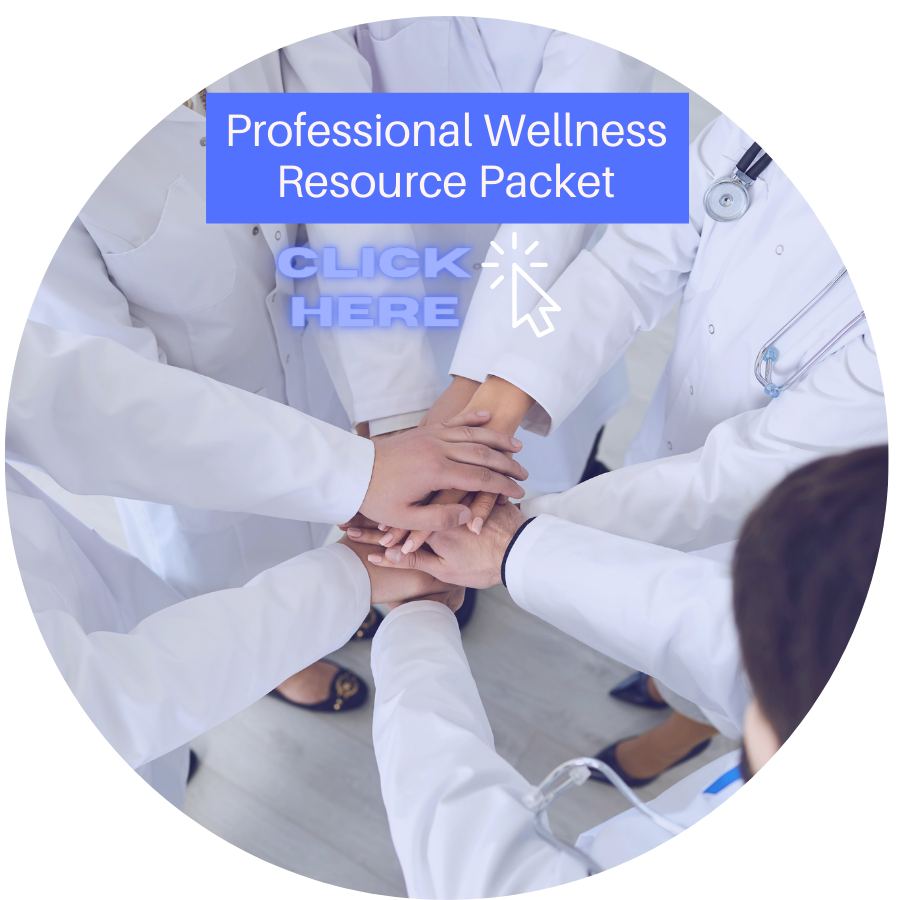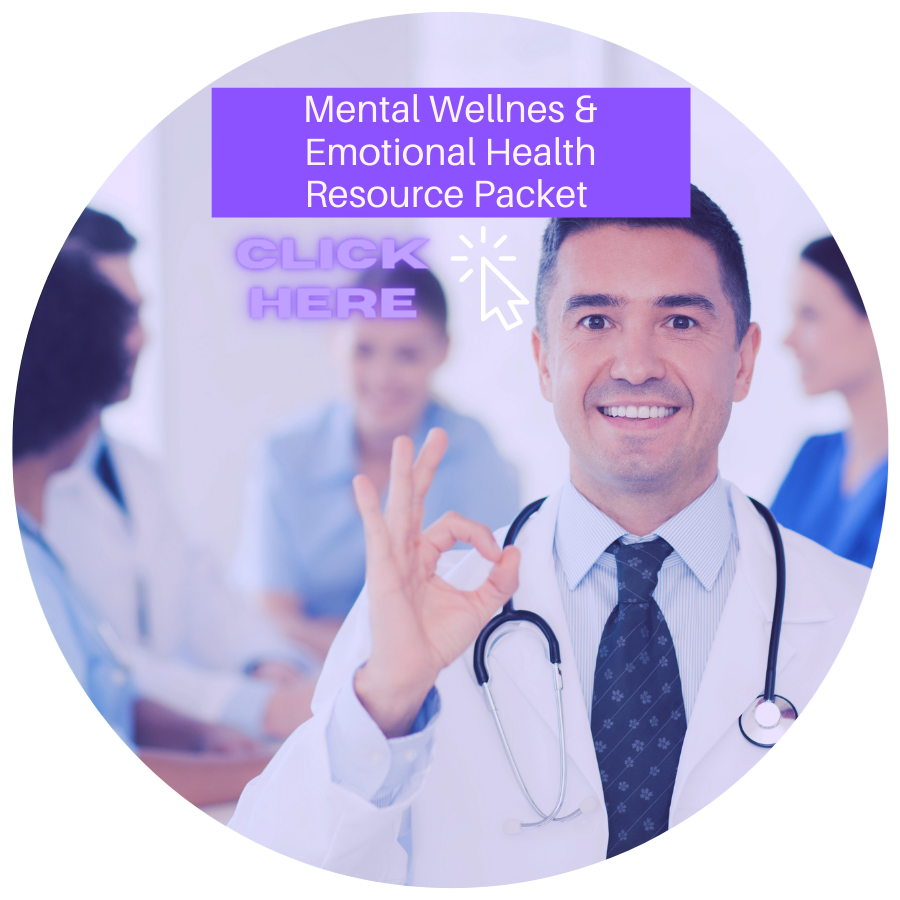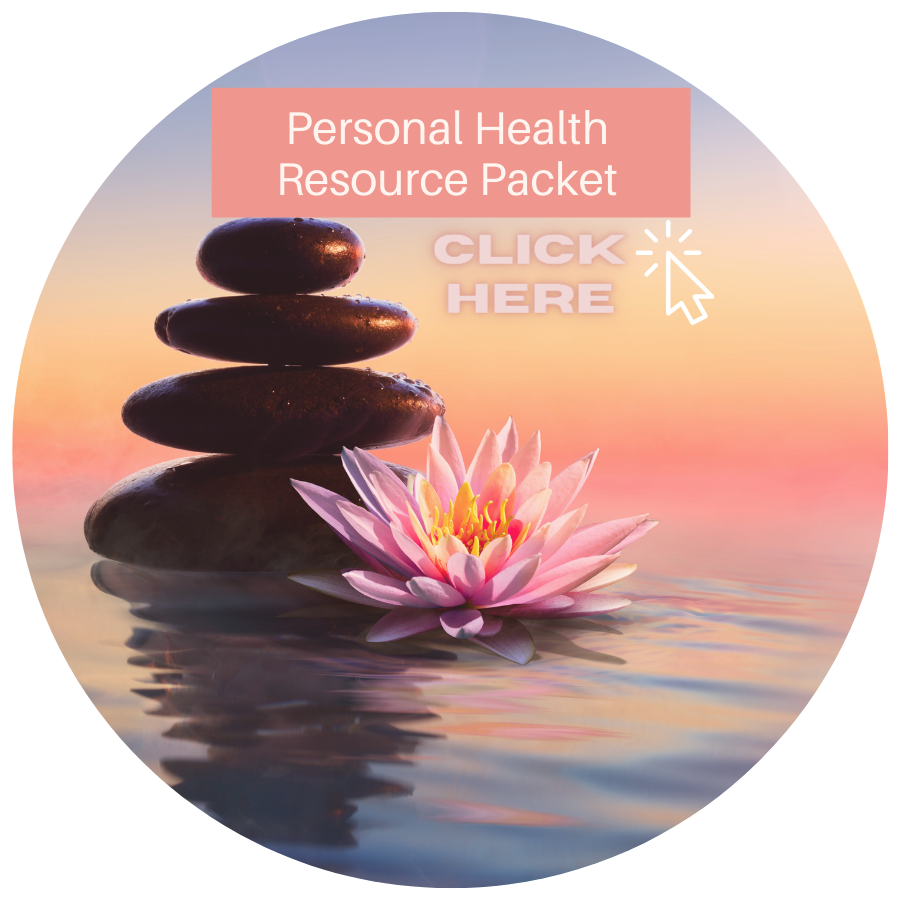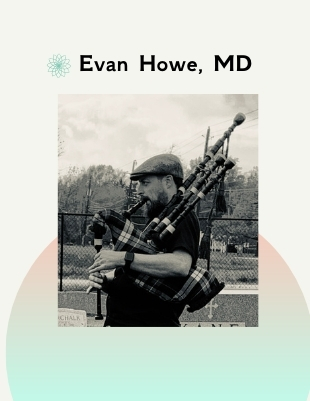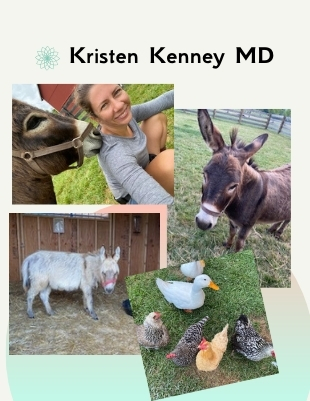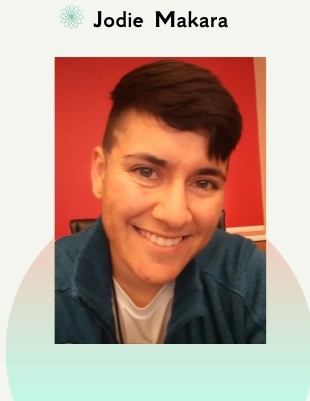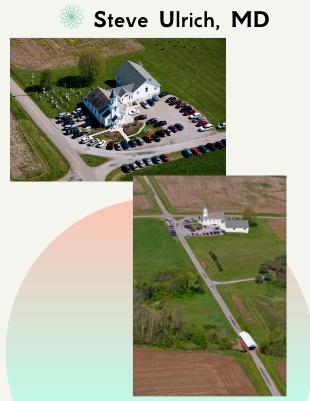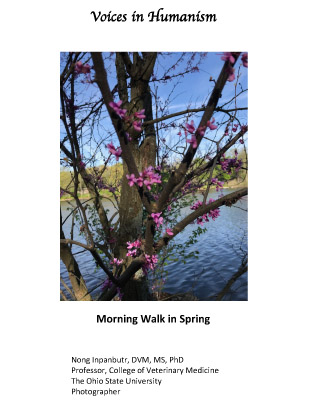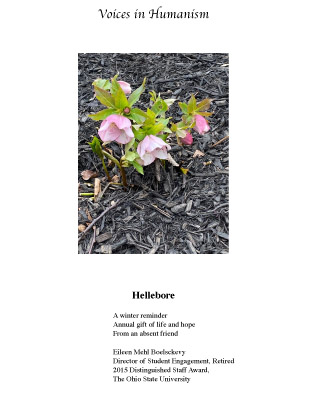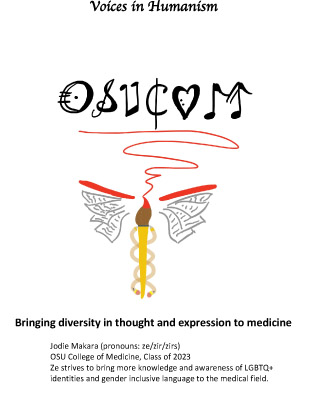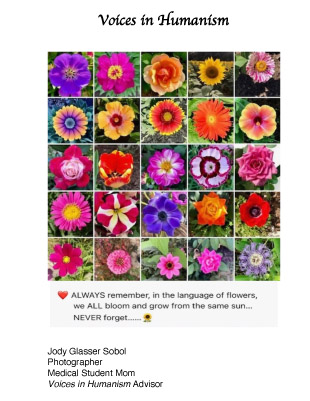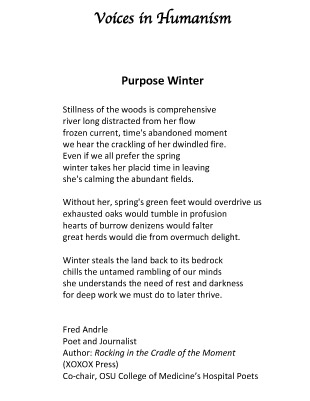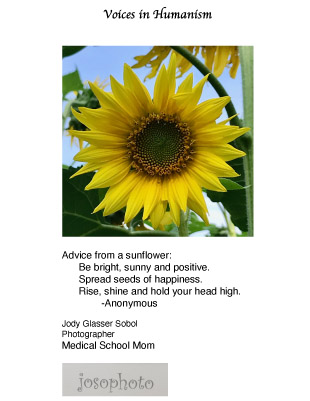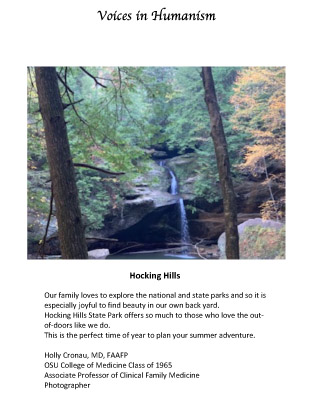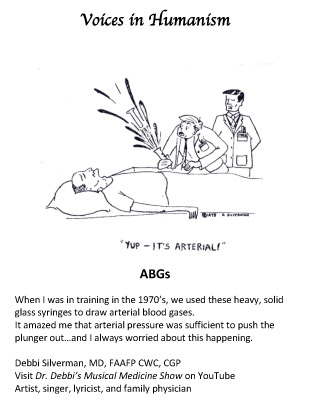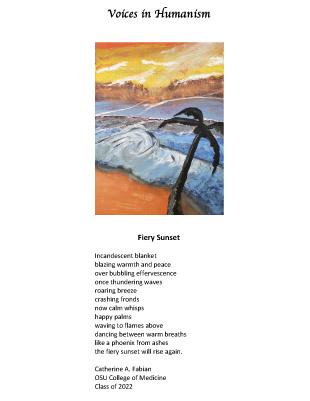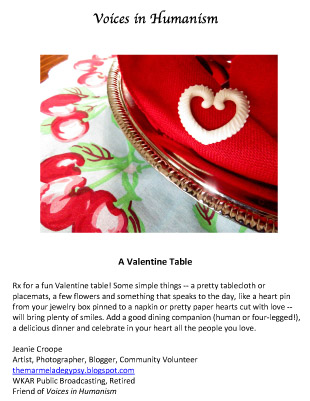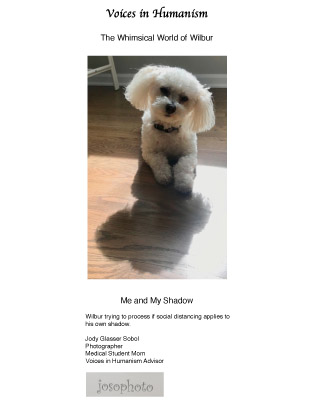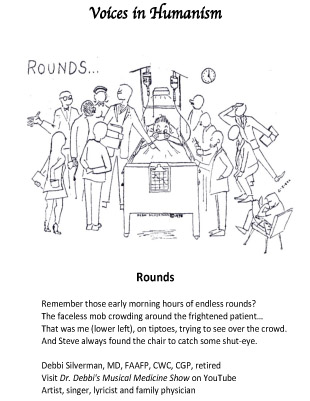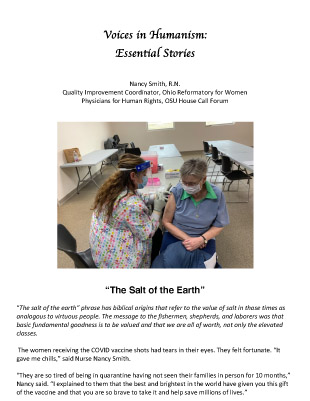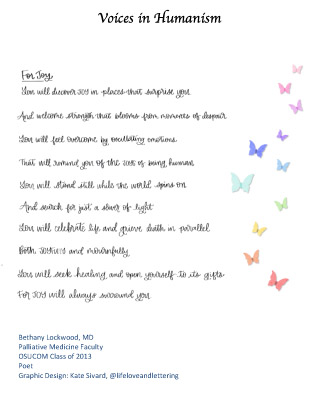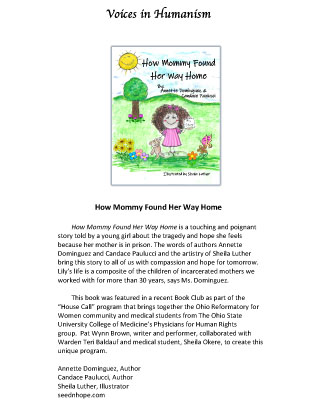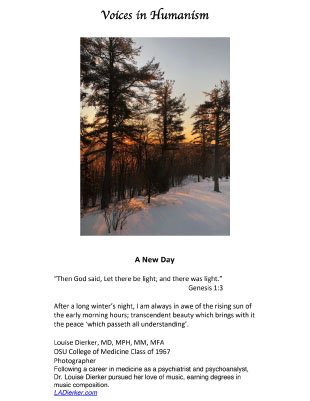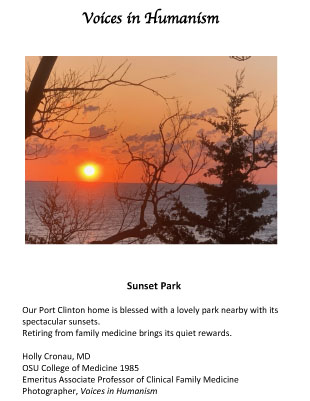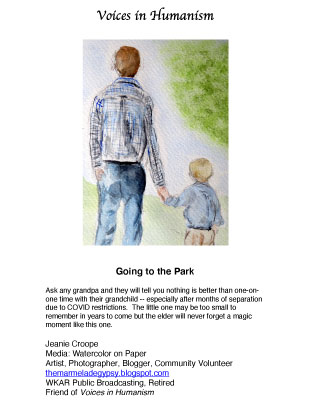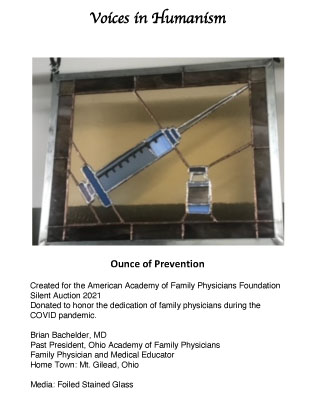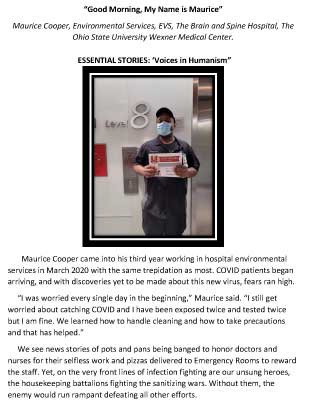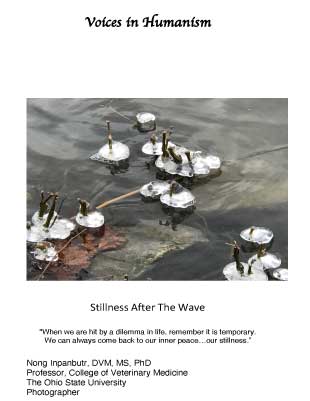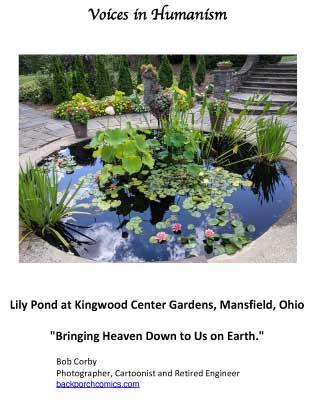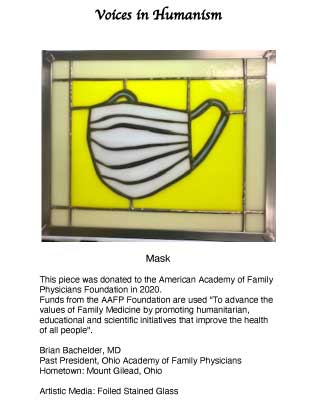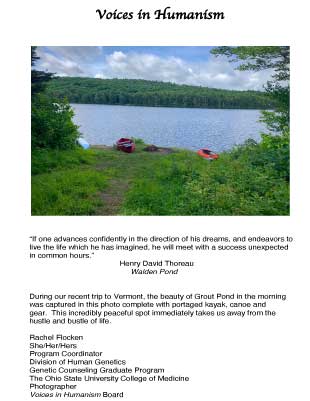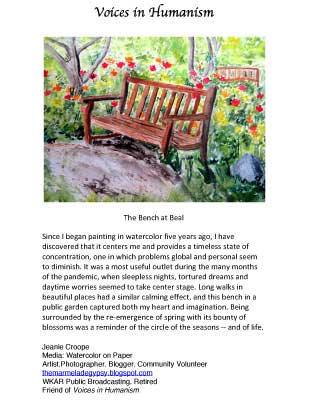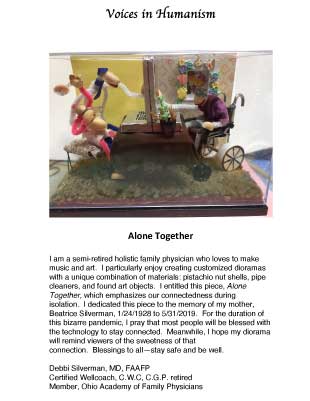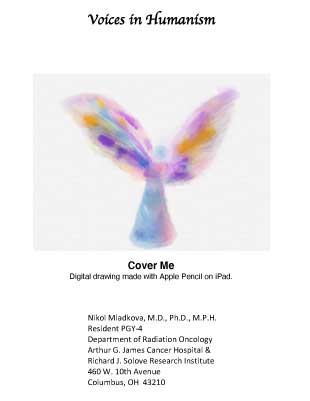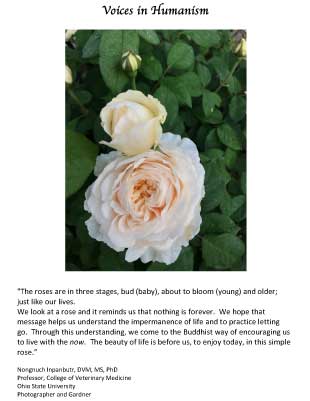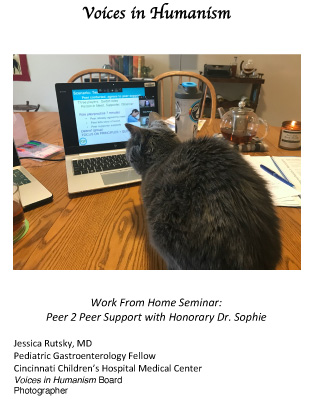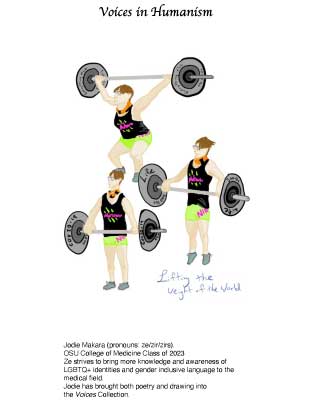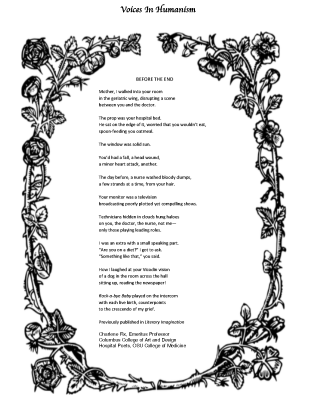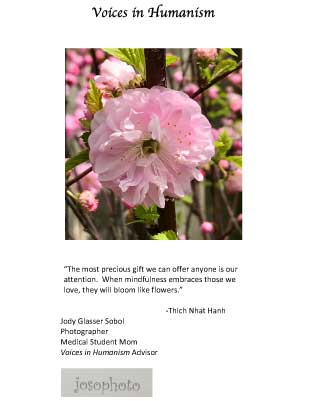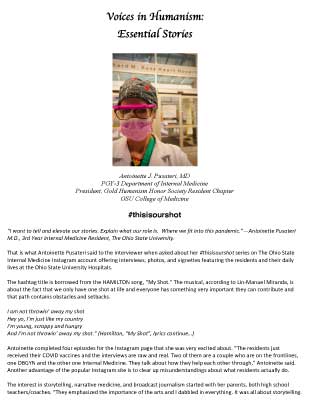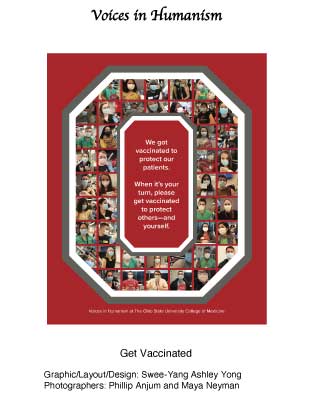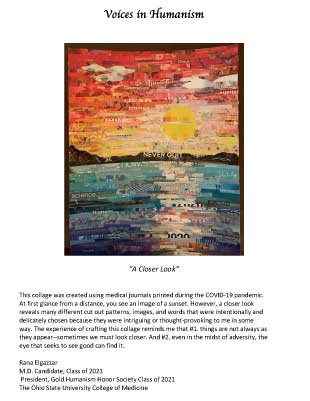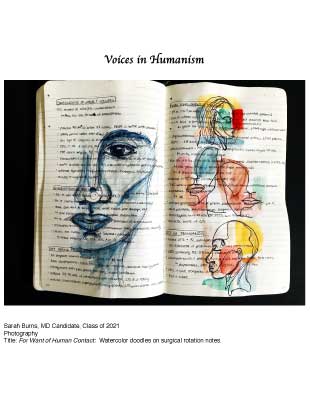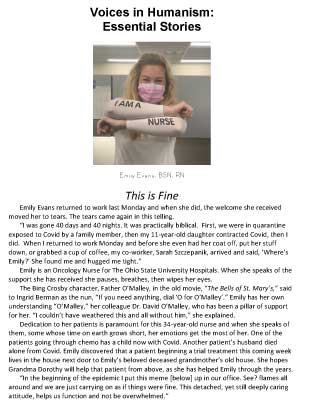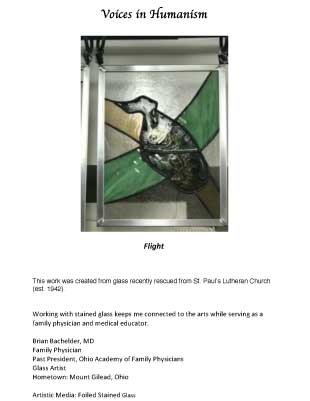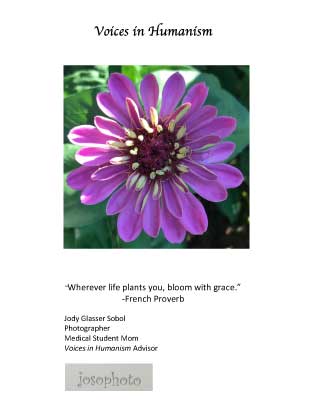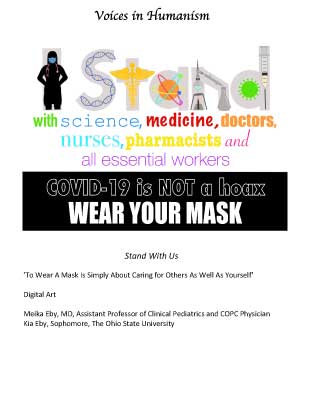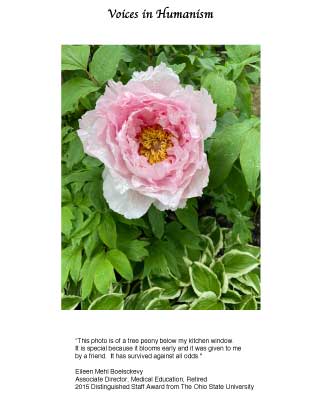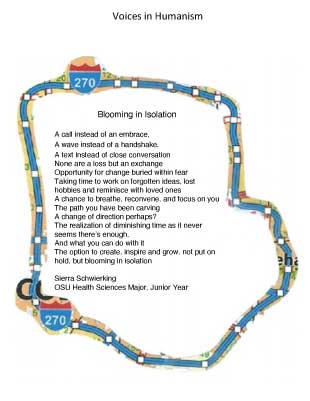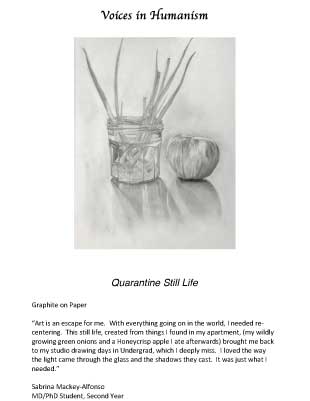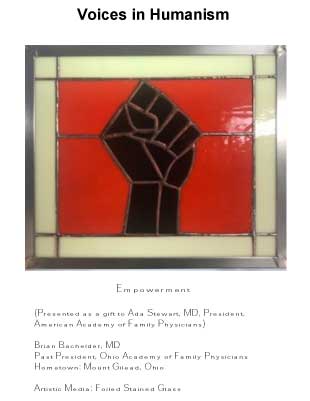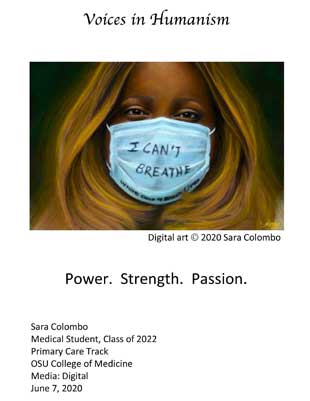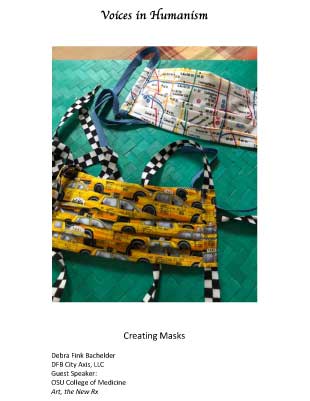Ohio (and the nation as a whole) was facing a crisis of burnout among healthcare workers even prior to the COVID-19 pandemic. In 2020, the coronavirus pandemic brought the burnout epidemic to the forefront as physicians stepped up to care for their communities across the country, often at great harm to themselves—not only due to the threat of the virus, but because they were already overworked and exhausted. In 2023, the Harvard Gazette reported 50% of healthcare workers suffer from burnout (including medical professionals and social workers, as well as support staff).
None of this is news to you. As a family physician, you know that burnout is defined and assessed at a single point in time using several measurement factors: depersonalization, emotional exhaustion, low sense of personal satisfaction, chronic work-related stress, and moral injury. While identifying burnout is easy once it has already occurred, addressing it is not—and ultimately, we aspire to prevent it from happening in the first place. So, what can be done?
Interventions on both individual and systemic levels are needed to meaningfully alleviate burnout. The Ohio Academy of Family Physicians (OAFP) is here to support all family physicians caring for patients across Ohio; both individually, with resources and suggestions for behavior change and perspective shifts to cultivate wellness, and systemically, to advocate on your behalf for wellness in your workplaces. The OAFP aims to elevate your concerns, hopes, and needs to legislators, as well as monitor and act upon new legislation that affects your ability to care for patients.
On this page you will find resources designed to help you thrive personally and professionally. We also acknowledge that in some cases, these resources are not enough. Resources for physicians, caregivers, and health professionals in crisis are listed below and are available 24/7.
Need Help Now?
Crisis Intervention: National Suicide Prevention Lifeline: call 988.
Confidential Health & Resources for Physicians: The State Medical Board of Ohio (SMBO) developed a confidential monitoring program for all licensees and applicants. This program is a confidential path for individuals to seek help for burnout, mental health, substance use disorders, or other medical conditions. The confidential monitoring program is a therapeutic alternative to regulatory awareness. The SMDO has partners with the Ohio Professionals Health Program (OhioPHP) to administer this program. To get help or learn more, visit the OhioPHP website or call 614.841.9690.


Professional Wellness
Efforts to address burnout are usually focused on the individual; however, it is a twofold problem that exists in the work environment as well as the individual.
From administrative burden, difficulty finding work-life balance, feeling undervalued, frustrations with referral networks, government regulations, and (of course) reimbursement issues, many times the physician’s stress and burnout isn’t of their own doing.
- Addressing Health Worker Burnout: The U.S. Surgeon General’s Advisory on Building a Thriving Health Workforce
- AAFP: Family Physician Burnout, Well-Being, and Professional Satisfaction (Position Paper)
- Family Practice Management Articles on Physician Burnout & Work-Life Balance
- Family Practice Management Articles on Physician Leadership
- Family Practice Management Articles on Career Options
- From Burnout to Joy: Advice for Leaders and Frontline Physicians (The Ohio Family Physician, Spring 2022)
- OAFP Professional Wellness Resource Packet
- System-Based Wellness Initiatives Panel Discussion
- Ten Strategies for Building Emotional Intelligence and Preventing Burnout (Family Practice Management, Jan-Feb 2018.
Program Highlight
For those interested in taking their leadership skills to the next level and learn how to lead change to boost well-being in your workplace, the AAFP is now offering an exciting opportunity – at no charge!
The Leading Physician Well-Being (LPW) Program, developed by the AAFP and the United Health Foundation, is a unique, tuition-free certificate program designed to help you develop the leadership skills you need to spearhead that change among the physicians and other clinicians in your practice or health care organization. The application process will begin in in the fall.
Mental & Emotional Health
The health care system doesn’t just affect your patients, it affects you too. While burnout is largely the result of external factors outside the control of an individual physician, all medical professionals experience remarkable stress dealing with work and personal demands.
With the additional challenges created by the COVID-19 pandemic, the OAFP acknowledges the toll that the current environment is taking on the well-being of its members and their care teams.
Your mental health influences how you think, feel, and behave in daily life. It also affects your ability to cope with stress, overcome challenges, build relationships, and recover from life’s setbacks and hardships. If left unaddressed, life can feel disabling making it more likely for individuals to develop alcohol abuse/dependence and be at an increased risk of developing depression and suicidal ideation.
We know support is needed as you navigate the difficult challenges arising on a daily basis. You’ve been in survival mode for a surprising amount of time and we want you to know you’re not alone.
We have compiled a list of strategies and resources to support the mental wellness and emotional health of physicians. Download the Mental Wellness & Emotional Health Resource Packet today!
- Ohio State Medical Association Well-Being CARE Service
The Well-Being Checkup And Referral Engagement (CARE) Service is a simple, free, and anonymous checkup of your mental and emotional health.
- OSMA Summer Series: Physician Well-Being
- AAFP’s Physician Health First webpage
- AAFP’s Physician Well-Being and COVID-19 webpage
- Mental Health First Aid
Articles that are specific to COVID-19 and mental health; relevant for any reader – physician, family, patient, or friend.
Finding & Renewing Your Why

Who are you as a family physician, as a human in this world? Do you know? Finding your ‘why’ matters. It can lead to a greater sense of purpose in your work, which can have significant ripple effects on your team, your patients, your community, and within your personal life.
Another way to think about renewing your “why” is to reflect on your purpose. Our life’s purpose can be found in many ways. For some it may be their daily work, for others it may be their favorite hobby or something that helps make the world a better place. For many of you, your purpose likely revolves around healing and caring for others. But, is there more? Has your why or purpose changed or shifted?
We encourage you to take the time to consider where you are now and why you chose a career in medicine. Maybe now’s a good time to reflect on your personal statement from medical school. What’s the same and what’s changed? Maybe you’re right on track, but maybe you’ve swayed a bit from where you thought you’d be. Any answer is ok, but it’s important to take the time to invest in self-awareness and your core values both professionally and personally.
To get you started on finding your why and renewing your purpose, download this packet from the Bounce Back Project. Included in the packet are descriptions, resources, and worksheets to create your purpose.
- OAFP Wellness Wednesdays Session: Creating a Personal Vision for a Healthy, Happy You
- Five Reasons Why You Need A Personal Vision Statement (and How to Write One)
- Choose a Personal Vision Statement to Guide Your Important Life Decisions
- Create a Personal Vision Statement That Can Guide Your Life
- The Personal Vision Workbook
- What Finding Your Why Really Means
- How to Discover Your Why in Difficult Times (video)
- Simon Sinek YouTube channel
- Bounce Back Project.
An area that may help renew your why is building connections in the community. How are you and your team connecting patients with community resources? While an extra area of care to consider, connecting patients to the non-medical resources they need can improve joy in what you do. Listen to “Building Community Connections: There’s Joy in That” with Kim Yu, MD, FAAFP, and view her presentation to learn more!
Personal Health
Personal health is the ability to take charge of your health by making conscious decisions to be healthy. It not only refers to the physical well-being of an individual, but it also comprises the wellness of emotional, intellect, social, economic, spiritual, and other areas of life.
As a family physician, you provide resources and advice on many personal health topics to your patients, but do you apply those same sentiments to yourself? Now’s the time to invest in you!
From physical exercise, nutrition, sleep, and habit building, to mindfulness and meditation, the breadth of topics that make up your personal health is almost never ending. It can definitely be overwhelming to try to make a change or impact on any area. However, with small steps and determination, we know you can!
Download the Personal Health Resource Packet for tools, tips, articles, apps, webpages, and more!
Embrace Your Creativity
Get some inspiration from your peers. The images to the right include hobbies, passions, and creative pastimes of your family medicine family. Click through them to be inspired or download their full stories to view later!
From a Medical Economics article, A Creative Outlet Can Recharge a Burned-Out Physician, the author explains, “For most physicians, the work of medicine is a calling and a passion. But it doesn’t have to be the only calling. When signs of burnout strike, sometimes it might be necessary for physicians to pivot slightly away from medicine toward another hobby or act of creativity to regenerate the spirit.”
“Refinding” the parts of the self that are non-medical and can serve as a way to restore the spirit in the face of burnout is so important. Take some time to rediscover old talents and lean into whatever hobby or non-medical outlet you want to try out!
Getting creative — whether that’s via the arts, crafts, or by getting out into the great outdoors — can not only help you to unwind, but it could also provide an effective way to manage stress and refocus after long days in the office.
- The Mental Health Benefits of Storytelling for Health Care Workers (TED Talk)
- The Secret to Finding Your Passion (Hint: It’s Not What You Think)
- 11 Foolproof Ways To Find A New Hobby
- Physicians: Five Extraordinary Hobbies to Keep Burnout at Bay
- The Things They Carry Project: Writing Workshops.
Philanthropy is also a valuable component to wellness and a way to embrace your human side. Learn more about the OAFP Foundation and its mission to cultivate student career choice in the specialty of family medicine and have the opportunity to directly affect some powerful programs through your donation.
Finally, the OAFP is also honored to be partnering with the Voices in Humanism initiative, which is a collaboration between The Ohio State University (OSU) College of Medicine’s Gold Humanism Honor Society Resident Chapter and the OSU Medical Heritage Center. The mission is to collect, preserve, and share the arts created during this challenging time.
The OAFP continues to highlight pieces of work from the initiative in the Weekly Family Medicine Update.
Students, residents, faculty, staff, alumni, and all members of the healthcare family may submit all forms of visual arts, writing, and music to the collection. If you would like to contribute to this collection and share your own piece of work that reflects thoughts during this time of dual pandemics as we struggle to understand the impact on our patients, their families, our communities, our profession and ourselves, we encourage you to do so by contacting Linda Stone, MD, FAAFP.
For a look at what the initiative is all about, watch a video montage created by the initiative with music from the OSU Professional School of Orchestra.
Ways to Connect
And of course, reach out to the OAFP staff anytime. We’d be happy to point you in the right direction! Give us a call at 800.724.7327 or connect via our staff page.



